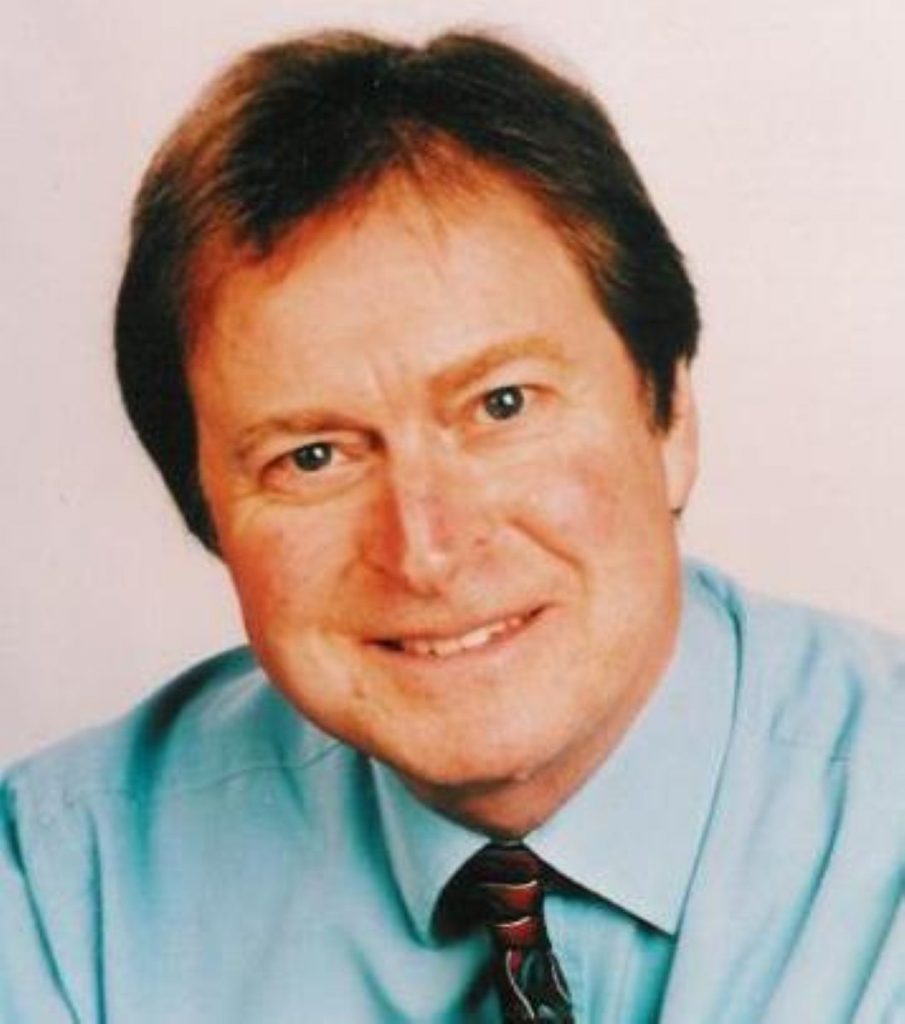Honours system ‘must be more transparent’
The role and powers of the commission responsible for vetting nominations to the House of Lords must be clearly defined under law, MPs warn today.
In an interim report, the public administration select committee (PASC) says the row over cash for honours shows the current way of scrutinising honours “has proved flawed”.
The publication of the report comes after Labour’s chief fundraiser, Lord Levy, was yesterday arrested and bailed by police investigating claims that political parties offered peerages in return for donations or loans. The peer denies any wrongdoing.
“It is essential that the honours and peerage system commands public confidence. That is why we recommended a properly independent honours commission,” said committee chairman Tony Wright.


“Short of that, it is crucial that we have effective checks to ensure that the integrity of the system is protected against abuse and not used as a reward for partisan favours.”
Although the recent controversy shows the Lords appointments commission “has bite”, the MPs say the government’s failure to implement the recommendations of the Wakeham commission to give it statutory powers should be addressed.
They say the system under which it is unable to properly scrutinise donations to political parties as part of its vetting process, on the basis that these are all made public on the Electoral Commission register, is not working.
The committee welcomes the appointment commission’s announcement that it intends to make it “abundantly clear” on all applications that financial contributions to parties, whether loans or donations, must be declared.
But it says there must be greater scrutiny of the whole process, including clear criteria about what makes someone fit for a peerage. This should take into account whether someone has backed a government policy, such as the city academy programme.
The need for formal powers is also made clear in the “unnecessarily equivocal” position of the commission in vetting Tony Blair’s resignation list for nominations for honours, the MPs say.
And they repeat their call for a clear distinction between a peerage as an honour and as a qualification for membership of the House of Lords, saying the wider membership of political parties should have a greater say in who is nominated.
“Making it explicit that nominations to the peerage entail appointment to the legislature rather than the award of an honour would make those nominated to be working peers more like those appointed to be ministers in the upper House,” the report says.
“This would make the credibility of members of a parliamentary party in the second
chamber the direct responsibility of the parties concerned.”
Shadow constitutional affairs secretary Oliver Heald welcomed the committee’s “timely and significant report”, saying that in the light of the recent scandals, it was vital that the system of granting honours was fully transparent.
“Tony Blair should act on the committee’s recommendations if he is to begin making good at the end of his premiership the pledge to ‘clean up politics’ that he made at its beginning,” he said.












